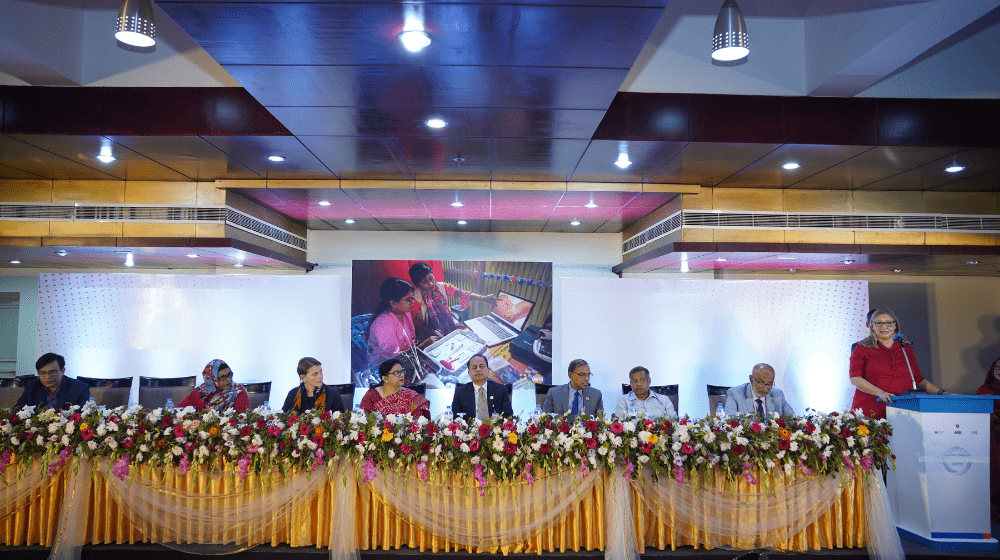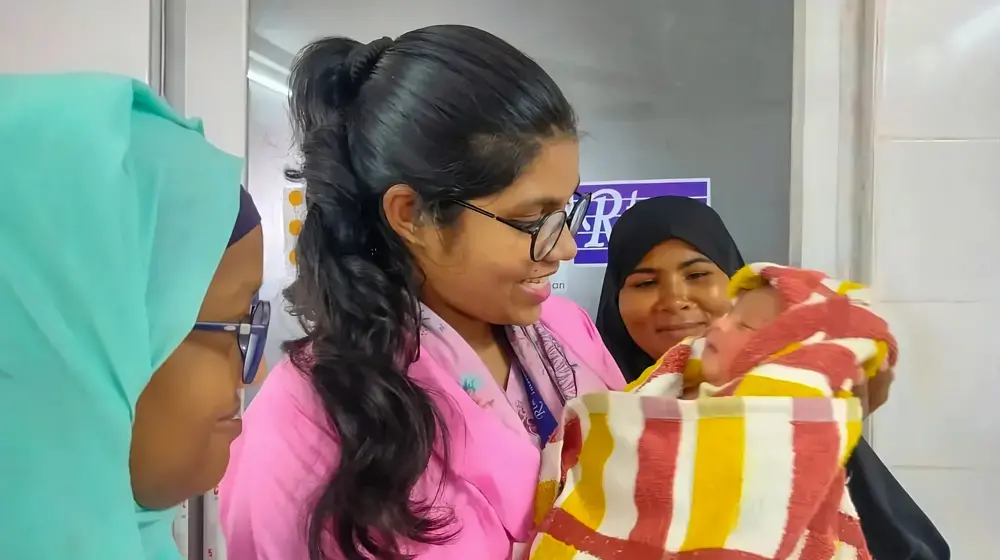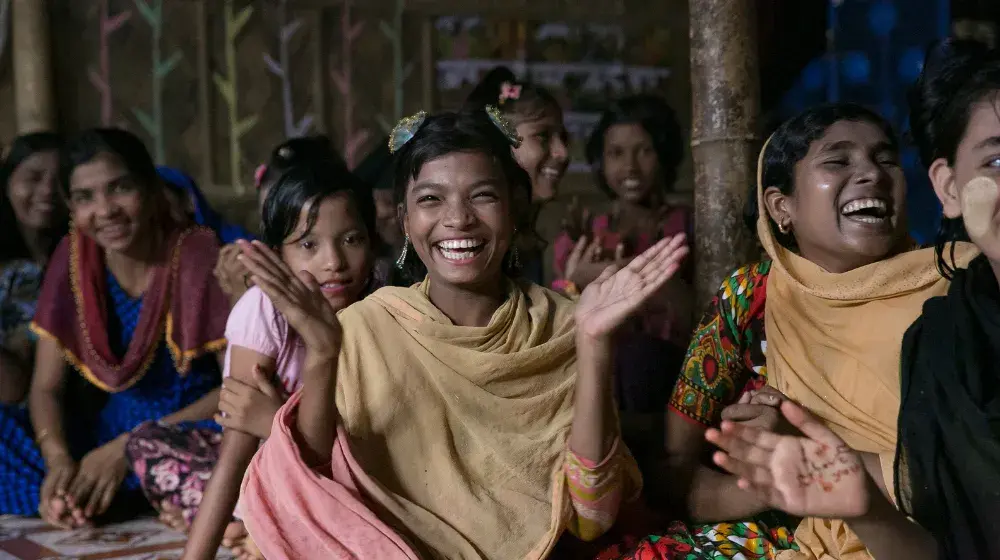Cox’s Bazar, Bangladesh, 16 February, 2023: Today, the Directorate General of Family Planning (DGFP) of the Ministry of Health and Family Welfare officially launched the Family Planning Strategy for the Rohingya Refugee Humanitarian Crisis in Cox’s Bazar 2022-2025. The strategy outlines an approach to increase the demand for modern contraceptive methods through community-based family planning interventions and facility-based family planning services among women and girls of Rohingya and surrounding host communities.
The strategy was developed and approved in October 2022 under the leadership of the Ministry of Health and Family Welfare, the Health Sector Cox’s Bazar, and the Sexual and Reproductive Health (SRH) working group supported by the UN sexual and reproductive health agency, UNFPA.
Partners within the health sector operating in the camps provide sexual and reproductive health services from health facilities and women friendly spaces across the camps. Over the course of the last five years, demand for family planning services has increased dramatically, with health facilities seeing an increase of over 200% in family planning visits between 2018 and 2022. This increase is due not only to the wide availability of services and trained health personnel, but also to community outreach, especially to men, and awareness-raising to dispel myths and misconceptions about contraception.
“This multi-year strategy covering 2022–2025 will guide humanitarian partners to make family planning accessible, voluntary, and choice based for everyone. I commend UNFPA and other partners for their hard work and I am hopeful that this strategy will be a beneficial resource for providers and planners to scale up our humanitarian efforts,” said Dr. Ashrafi Ahmad, Additional Secretary Medical Education & Family Welfare Division, Ministry of Health and Family Welfare (MOHFW) and Chief Guest at the event.
UNFPA Representative in Bangladesh, Ms. Kristine Blokhus, said “We are pleased to have worked in productive partnership with the Government of Bangladesh to articulate a family planning strategy which focuses both on community demand and facility health services, as well as advocacy and coordination to ensure partnerships and efficiency. Increasing demand among Rohingya women shows that these strategies – of providing voluntary, rights-based and respectful services – works to improve their lives”
The UN Resident Coordinator in Bangladesh, Ms. Gwyn Lewis, spoke about the broader importance of comprehensive sexual and reproductive health services for women: "Providing women and girls family planning information and services as part of their basic social services package, enables them to ensure the health and sustainability of their families. Family planning empowers women and allows them to steer their families out of poverty”.
Among the participants of the launch were Dr. Nurun Nahar Begum, Line Director (CCSDP), DGFP; Mr. Abdus Salam, joint secretary, MoHFW; Dr. Nd, Bashirul Alam, Additional Secretary, DG, Islamic Foundation, Md. Samsud Doza, Additional RRRC, Refugee Relief and Repatriation Commission; Dr. Pintu Kanti Bhattacharjee, Deputy Director of Family Planning, Cox’s Bazar; Dr. Mahbubur Rahman, Civil surgeon, Cox’s Bazar, Representatives from the Government of Bangladesh, as well as the representatives and head of sub offices from other UN agencies, development partners, our implementing partner IPAS and other non-governmental organisations (NGOs) also attended the event.





